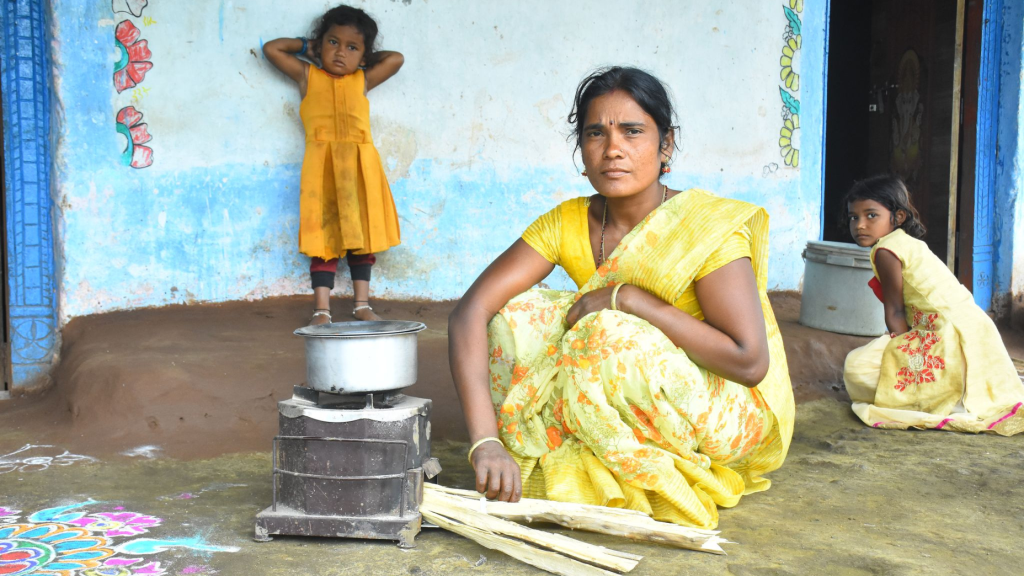The Carbon Offsetting and Reduction Scheme for International Aviation (CORSIA) is an important international program that aims to offset greenhouse gas emissions from international aviation. One way that CORSIA seeks to offset these emissions is by promoting using carbon credits, which represent a reduction or removal of greenhouse gases from the atmosphere.
For carbon credits to be eligible under CORSIA, they must meet certain criteria. These criteria are designed to ensure that the carbon credits are genuine, and verifiable, and result in a net reduction in greenhouse gas emissions.
Qualified Standards of CORSIA
One key criterion for CORSIA eligibility is that the carbon credits must be generated through a project that is additional to what would have occurred without the carbon finance. In other words, the project must result in a reduction in greenhouse gas emissions that would not have happened without carbon finance. This is known as the “additionality” criterion, which is already standard practice for the standards and VNV Advisory.
Another criterion for CORSIA eligibility is that the carbon credits must be generated through a project that is approved by a recognized standard, such as the Verified Carbon Standard (VCS) or the Gold Standard. These standards ensure that the carbon credits are generated through projects that are transparent, accurate, and verifiable. CORSIA eligibility aligns in that sense perfectly with the criteria VNV Advisory uses to assess future projects, as a result, most of the certified credits from our projects are CORSIA eligible, dependent on the exact vintage of the credits.
Clean Cooking using Improved Cookstoves in rural Nepal – YouTube
Projects that meet the eligibility of CORSIA
- Renewable energy projects, such as small-scale solar or wind power projects, displace fossil fuel energy and reduce emissions.
- Energy efficiency projects, such as retrofitting buildings or promoting energy-efficient appliances, that reduce energy consumption and emissions.
- Reforestation and afforestation projects, such as planting trees or restoring degraded land, sequester carbon from the atmosphere.
- Methane capture projects, such as capturing methane from landfills or livestock operations, reduce emissions of this potent greenhouse gas.
- Community-based waste management projects reduce the amount of waste that is sent to landfills and thus reduce methane emissions.

Listed below are VNV’s Community-based projects that meet the CORSIA criteria:
- GS10782: Household biogas plants in Central India
- GS7576: Household biogas plants in rural parts of Northeast India
- GS7544: Clean Cooking Solutions for Rural Nepal
- GS7510: Household biogas plants installed in rural areas of Madhya Pradesh, India
- GS7467: Solar DC program in off-grid regions in India
- GS7466: Integrated Domestic Energy Systems (IDES) for Clean Energy access and clean cooking in rural households in India
- GS6597: Promoting Clean Cooking Solutions for the Disadvantaged Households in Nepal
- GS6830: Solar Water Pumps for salt farmers of Kutch
- GS6275: Domestic Biogas Project for rural households in India
- GS6212: Promoting Clean Cooking Solutions for the Disadvantaged Households
In summary, CORSIA eligibility refers to essential principles ensuring that the carbon credits represent genuine, verifiable, and additional reductions in greenhouse gas emissions.
Contact VNV Advisory to discuss your carbon credit needs in light of CORSIA eligibility. We are here to help!






